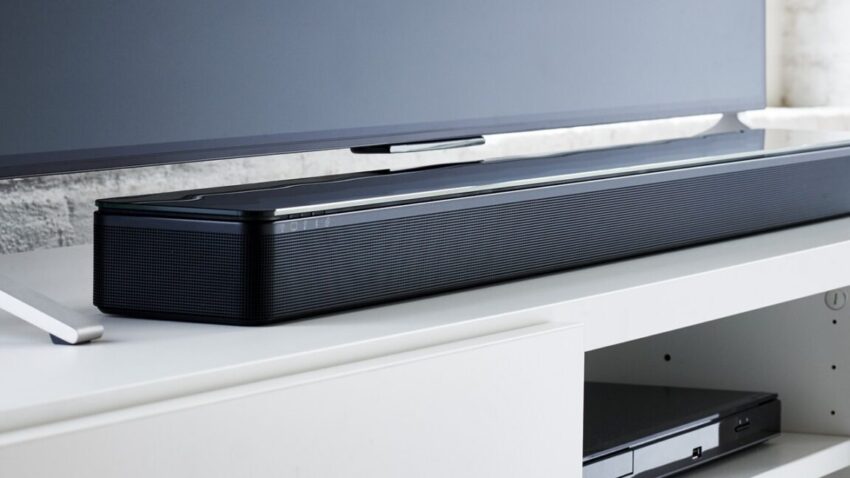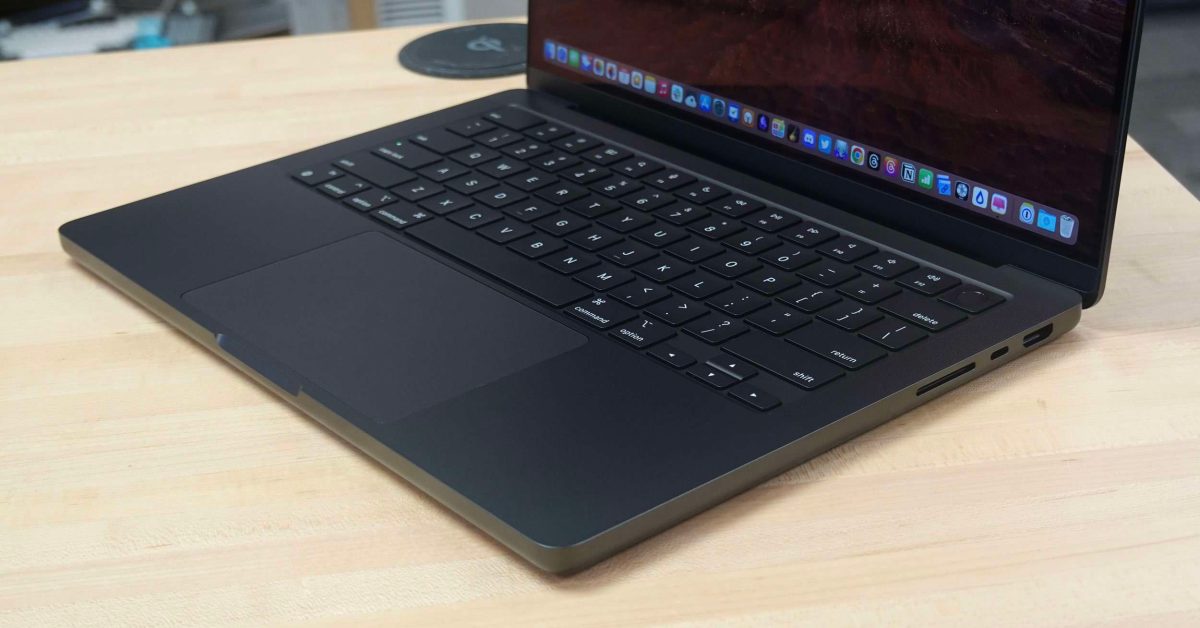
bose soundtouch home theater systems regress into Bose has announced that it will discontinue support for its SoundTouch Wi-Fi speakers and soundbars, effectively rendering them less functional starting February 18, 2026.
bose soundtouch home theater systems regress into
Overview of the Announcement
On Thursday, Bose communicated to its customers that it will cease support for its SoundTouch product line, which includes various Wi-Fi speakers and soundbars. This decision means that key features of these devices will be rendered inoperative, marking a significant regression for users who have relied on the SoundTouch ecosystem for their home audio needs.
Implications of the Discontinuation
The most immediate impact of this decision is the loss of cloud-based features that have been integral to the SoundTouch experience. Users will no longer have access to the SoundTouch app, which has served as a crucial interface for controlling the devices. This app allowed users to integrate popular music streaming services, such as Spotify and TuneIn, into their audio systems, providing a seamless listening experience.
Moreover, the app facilitated multi-room audio capabilities, enabling users to synchronize multiple SoundTouch speakers throughout their homes. This feature has been particularly popular among audiophiles and casual listeners alike, as it allowed for a cohesive audio experience across different spaces.
Details on Feature Loss
As Bose prepares to phase out support for the SoundTouch line, several specific features will be affected:
- Loss of Cloud-Based Features: The SoundTouch app will no longer function, eliminating access to cloud services that many users have come to depend on.
- Inability to Change Presets: Users will not be able to modify saved presets once the app is discontinued. This means that any custom settings or playlists will become static and unchangeable.
- Non-Functional Presets: Some saved presets may also stop working entirely, further limiting the usability of the devices.
Customer Reactions
The announcement has elicited a range of reactions from the Bose customer community. Many users expressed frustration and disappointment, particularly those who invested in the SoundTouch ecosystem with the expectation of ongoing support and functionality. The discontinuation of these features has led to concerns about the longevity of their devices and whether they will continue to serve their intended purpose.
Some customers have taken to social media and forums to voice their concerns, highlighting the importance of software updates and support in the modern tech landscape. The sentiment among many users is that investing in a premium audio system should guarantee a certain level of service and support, which they feel is being compromised by this decision.
Context of the Decision
This move by Bose is not entirely unprecedented in the tech industry. Many companies have faced similar challenges as they navigate the complexities of software support and hardware longevity. As technology evolves, companies often find it necessary to discontinue support for older products, particularly when they rely on cloud services that require ongoing maintenance and updates.
However, the abrupt nature of Bose’s announcement raises questions about the company’s commitment to its customers. The SoundTouch line has been marketed as a premium product, and many users expected that such a product would come with a longer lifespan in terms of software support.
Alternatives for Users
For those affected by the discontinuation of SoundTouch support, several alternatives exist. Users may consider transitioning to other audio systems that offer similar capabilities but with more robust support. Some potential options include:
- Sonos: Known for its multi-room audio capabilities and strong app support, Sonos offers a wide range of speakers that can easily integrate with various streaming services.
- Amazon Echo and Google Nest: These smart speakers provide not only audio playback but also smart home integration, allowing users to control their environment through voice commands.
- Apple HomePod: For users invested in the Apple ecosystem, the HomePod offers seamless integration with Apple Music and other services, along with multi-room audio capabilities.
Future of Home Audio Systems
The decision to discontinue support for the SoundTouch line raises broader questions about the future of home audio systems. As technology continues to advance, the demand for smart, connected devices is likely to grow. However, this also means that companies must balance the need for innovation with the responsibility of supporting existing products.
In an era where consumers are increasingly concerned about sustainability and the longevity of their devices, companies may need to rethink their approach to product support. Offering extended support for older products could enhance customer loyalty and satisfaction, especially in a market where competition is fierce.
Stakeholder Perspectives
Industry analysts have weighed in on Bose’s decision, noting that it reflects a broader trend in the tech industry. Many companies are prioritizing new product development over maintaining older systems, often leading to a cycle of planned obsolescence. This approach can alienate customers who feel their investments are not being honored.
From a business perspective, Bose may argue that discontinuing support allows them to focus resources on developing new technologies and improving existing products. However, this rationale does not alleviate the concerns of customers who feel left behind.
Conclusion
The impending discontinuation of support for Bose’s SoundTouch Wi-Fi speakers and soundbars represents a significant shift for users who have relied on these devices for their audio needs. As of February 18, 2026, the loss of cloud-based features and the inability to modify saved presets will render these devices less functional, prompting many users to reconsider their options.
As the tech landscape continues to evolve, companies like Bose will need to navigate the delicate balance between innovation and customer support. The reactions from users and industry analysts alike underscore the importance of maintaining a commitment to product longevity, particularly for premium offerings. The future of home audio systems may depend on how well companies address these concerns and adapt to the changing needs of consumers.
Source: Original report
Was this helpful?
Last Modified: October 11, 2025 at 12:35 am
0 views















